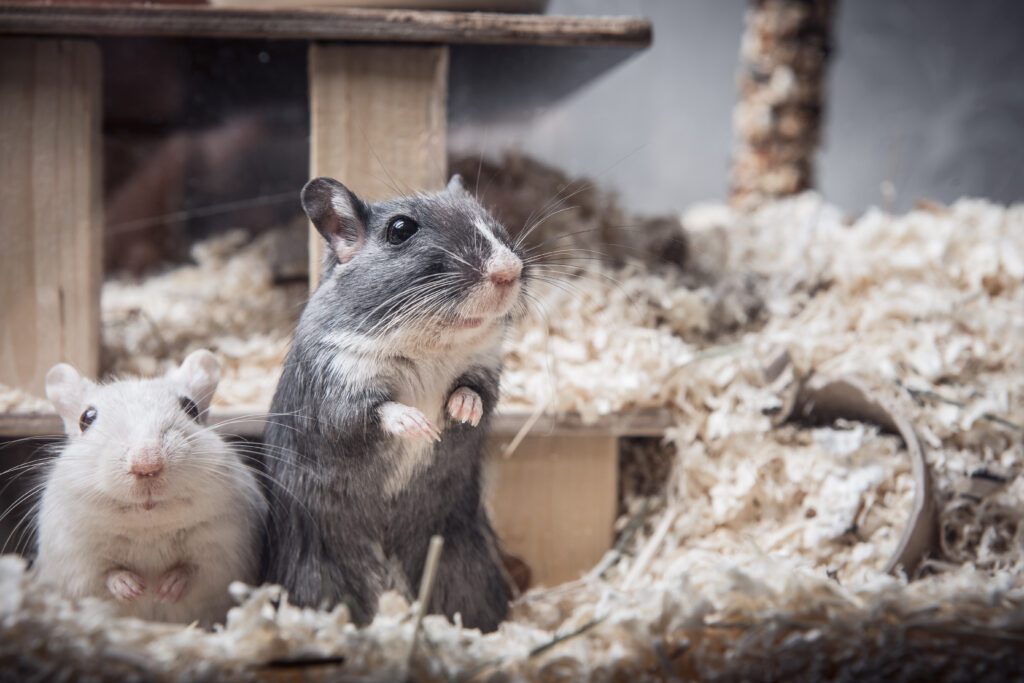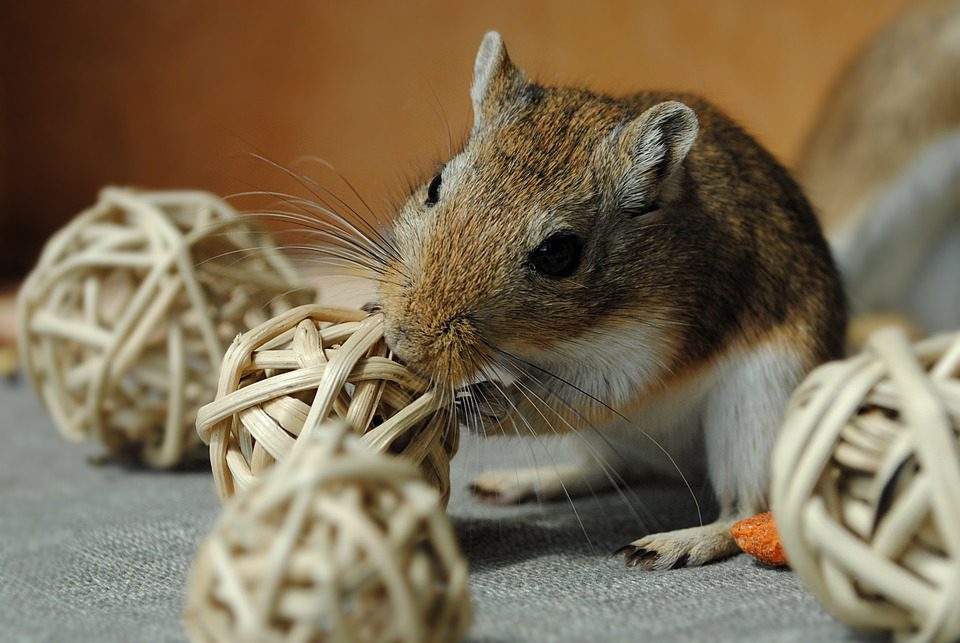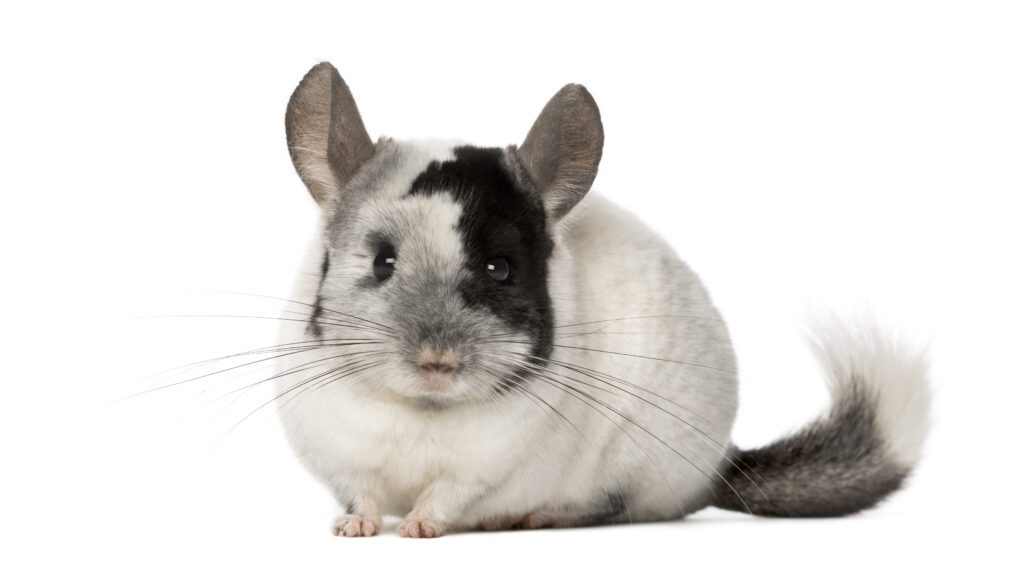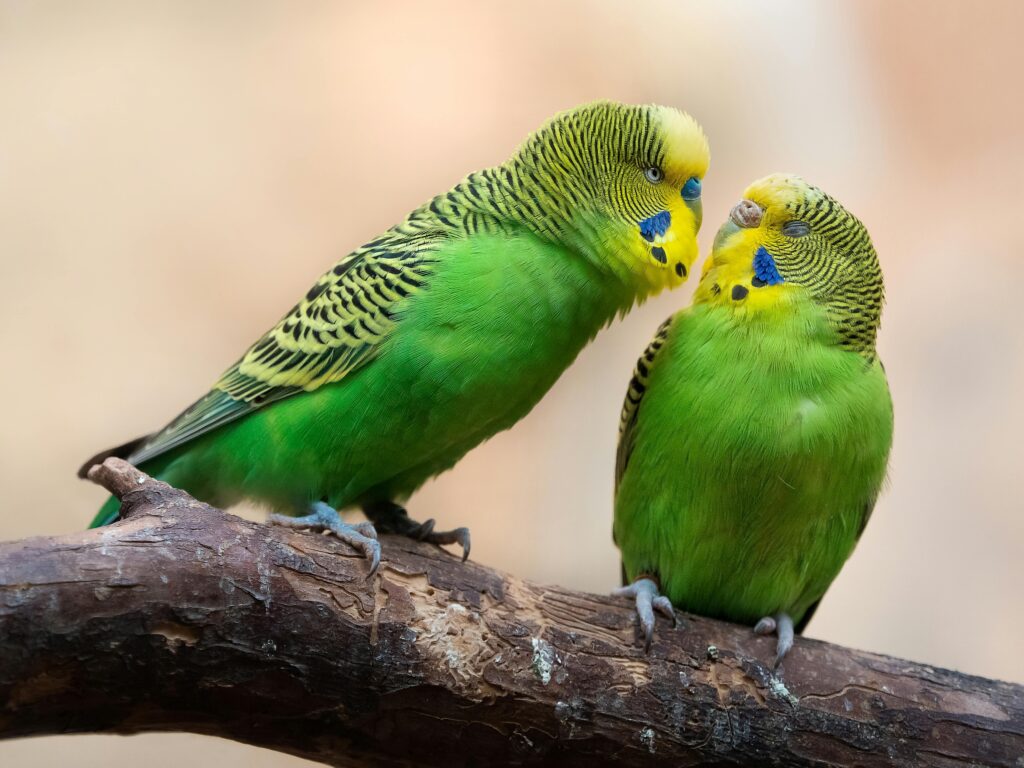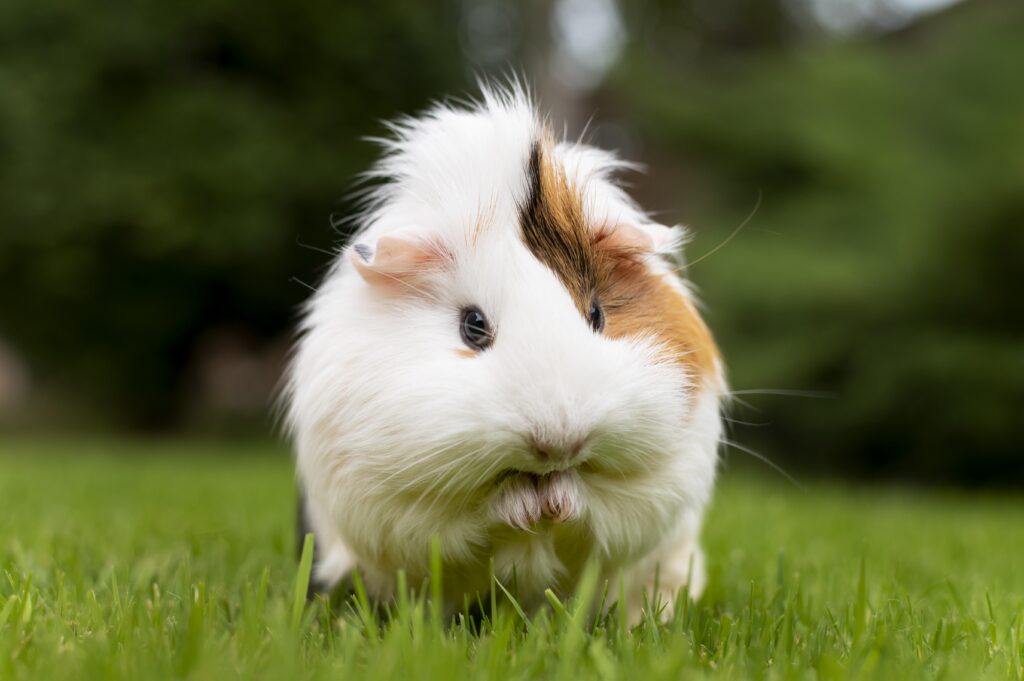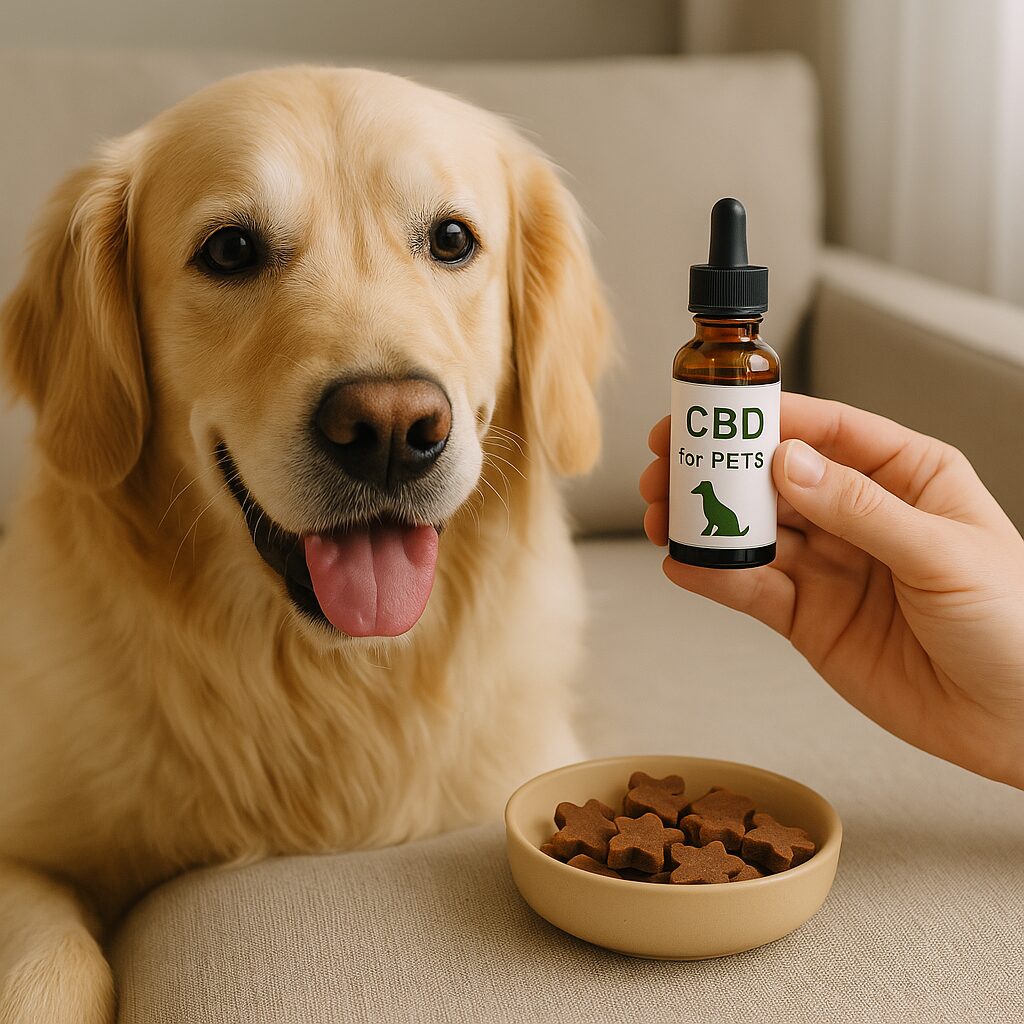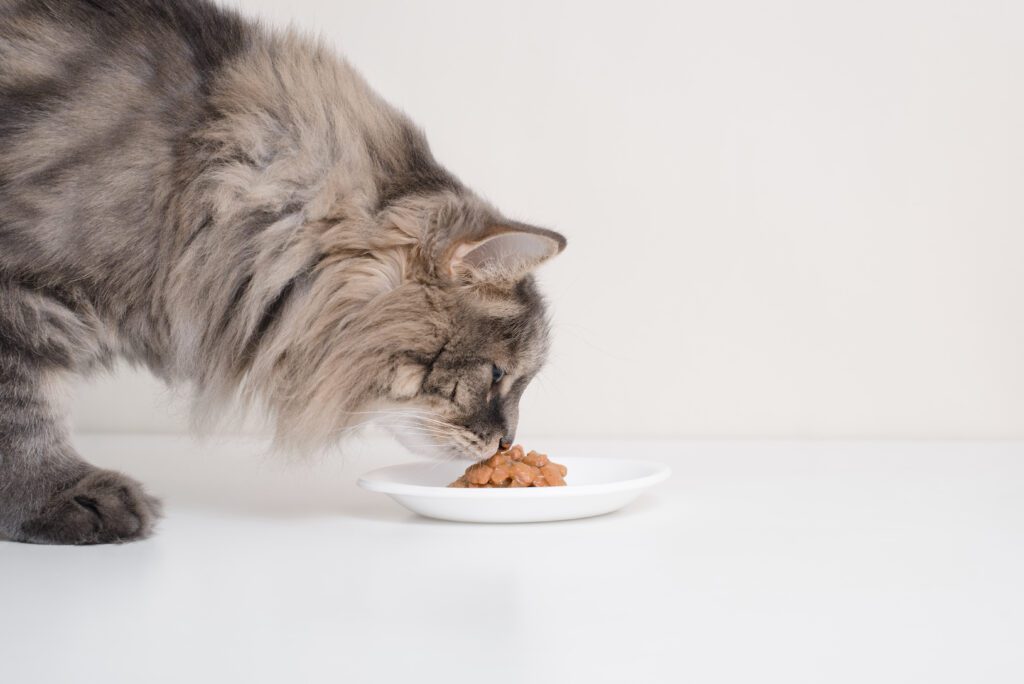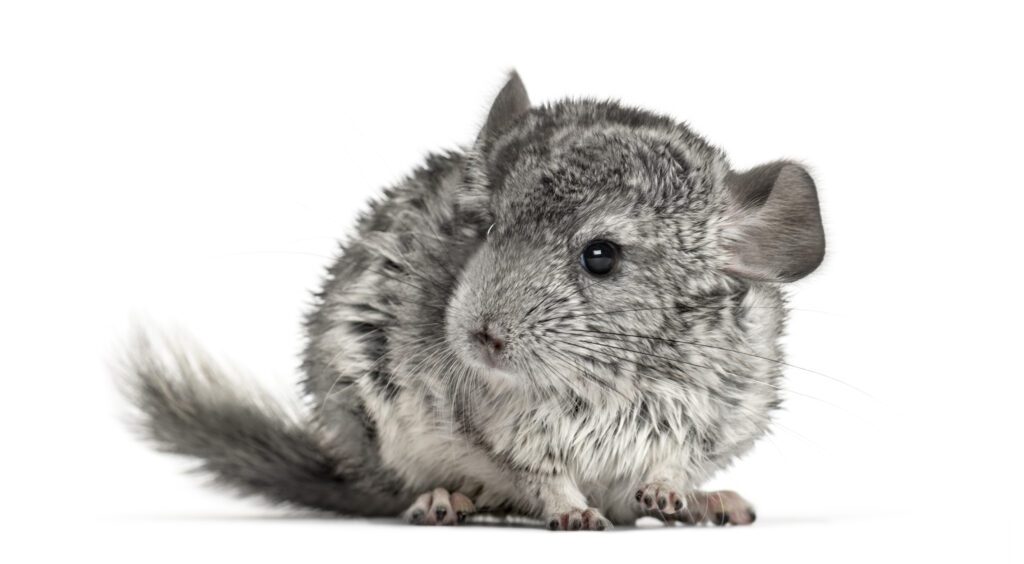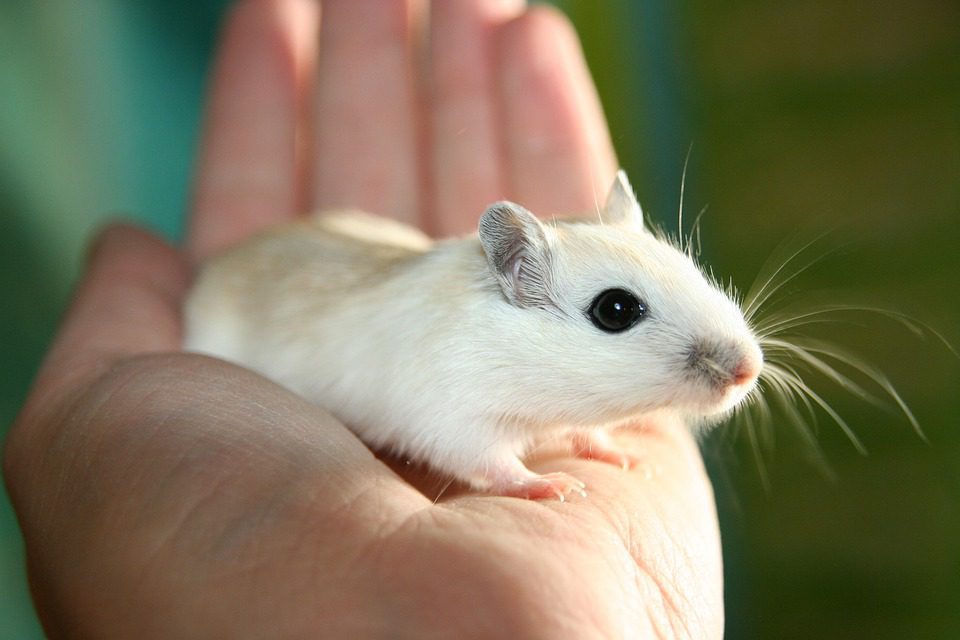
TOPICS COVERED
ToggleIf you’re on the fence about getting a gerbil, you may be interested in their lifespan. Knowing just how long it will take for your gerbil to complete a normal cycle of life helps you be sure you’re taking care of what you have properly. Gerbils are so popular as pets since they are friendly and have low maintenance needs. But they need commitment to work. In this post we look at the gerbil’s lifespan, factors that affect it, and how to extend your gerbil’s lifespan.
Average Lifespan of Gerbils
On average gerbils live between 2 and 4 years. Some outlive their 5 years with proper care. In care varies in a lifespan dependent upon genetics. You’re ready for the ‘long term needs’ when you understand their average lifespan. Whether they have a shorter life span or not, many owners enjoy their companionship.
Factors Affecting a Gerbil’s Lifespan
1. Genetics
A gerbil’s life expectancy is largely genetics based. There are breeds more predisposed to health problems. The better way to ensure healthier pets is to buy from reputable breeders. Longer lives can be a result of healthy genetics.
2. Diet
Gerbil health relies heavily on a balanced diet. Their primary food should be high quality pellets. Carrots and leafy greens can be fresh vegetables that are packed with nutrients. Eat high fat treats less often, or go for healthier alternatives. Good nutrition brings damage from obesity and its related health problems under control.
3. Living Environment
The health of your gerbil is dependent upon the quality of the habitat you give them. Natural burrowing behaviors are encouraged in a spacious cage. Dry bedding prevents bacterial growth, and clean bedding is best. It (hiding spots and chew toys) also reduces boredom and stress. That’s why a longer lifespan goes along with a comfortable environment.
4. Socialization
Gerbils are social animals; they are predictable creatures that like interaction with humans when walking. But keeping them in pairs can somewhat reduce stress and encourage play. Watch for interactions to see how they play in them. A social environment is a health promoting outlet for healthy behaviors and emotional well being.
5. Veterinary Care
Early health problems can be detected with regular veterinary checks. Vets experienced can quickly spot potential issues. Talk about preventive care like your oral health check-ups so you would be healthy. Based on a relationship with a vet, your gerbil will receive the care it requires.
Common Health Issues
Knowing about common gerbil health problems is so you can keep your gerbil healthy and happy. This means they need to be monitored regularly to find out the problems early on. Here are some common health concerns:
Dental Problems:
Gerbil teeth continue to grow no matter what. Overgrown teeth can also cause pain and allow your gerbil to not eat. Core signs are drooling or weight loss. Failing that, give your dog chew toys, such as untreated wood or cardboard, to help wear away his teeth.
Respiratory Issues:
Gerbils can have respiratory problems, as they can sneeze, wheeze, or run a nasal discharge. Poor ventilation or dusty bedding are the usual causes of these issues. Keep your gerbil’s cage outside in a clean, well ventilated area. Instead of using cedar or pine paper bedding, which irritate their lungs.
Tumors:
Indians develop tumors as they age; namely gerbils. Common types are skin tumors or internal tumors that cause some discomfort. Early detection is critical so that treatment can be had at vet visits that happen regularly. Watch for lumps, weight loss, changes in behavior, or any sort of change in mood or activity.
Diarrhea:
Dietary changes or stress can cause diarrhea. Another thing you should look into is consistency and color of your gerbil’s stool. I’m sure you’ll remove fresh foods temporarily, if you get diarrhea, and give plain pellets. If the condition continues, however, consult a veterinarian.
Obesity:
Gerbil obesity is a common problem. The cause might be due to over feeding or insufficient exercise. Make sure you feed your dog a balanced diet and don’t give it too many high calories snacking treats. Make plenty of opportunities for exercise, like tunnels and wheels.
How to Increase the Lifespan of Your Gerbil
To help your gerbil live a long, healthy life, follow these essential tips:
1. Provide a Balanced Diet: Your gerbil’s diet should be considered a good food source. They offer gerbils high quality pellets that are specifically designed for gerbils. Eat a lot of fresh vegetables such as carrots, broccoli and leafy greens. Break free from the sweets or the greedily fatty foods that contribute to obesity.
2. Maintain a Clean Habitat: Illnesses can be prevented with cleanliness. Make sure to change bedding regularly to keep the cage dry and odor free. Taking the uneaten food it out daily, removes mold and bacteria of food. Cage and accessories should be washed frequently with mild soap and water at least once a month.
3. Offer Mental Stimulation: Keeping your gerbil mentally enriched will keep them happy and engaged. Give lots of toys, tunnels, and chew items to amuse. Rotate toys on a regular basis in order to keep a child’s environment fresh and stimulating. You might even try cardboard boxes for burrowing.
4. Monitor Health Regularly: Check your gerbil regularly for signs of illness. Check for changes in behavior, changes in how much or what you are eating, or changes in how you are moving. Watch their weight and dental health. If you see something that doesn’t look right, see a veterinarian right away.
5. Create a Comfortable Environment: A gerbil’s well being is partly due to a comfortable living space. Again the cage is to be kept in a quiet place, out of direct sunlight. Ideally, you want to put it in a 65°F to 75°F temperature. They give soft bedding for burrowing and misters for security.
6. Provide Regular Exercise: Exercise your gerbil by enabling you to have exercise wheels and tunnels throughout the hutch. Fitness can be promoted by daily playtime outside the cage (in a safe area). Therefore, you need to supervise them so that they don’t get away, nor do they get hurt during exercise.
7. Social Interaction: Gerbils are social animals and require being around people, or other gerbils like them. Comfort spending time with them gently to build trust with them. If you have more than one gerbil, be sure they are compatible so they don’t end up fighting. It is also considered that social gerbils are happier and healthier.
FAQ
For how long do gerbils live on average?
Wild gerbils have a life span between 2 to 4 years, and although one might have a long lived gerbil with a little care up to 5 years old.
What determines how long a gerbil will live?
Genetics, diet, living conditions, socialization and an abundance of regular veterinary care are some of those contributing to the dog’s health.
Can I tell if my gerbil is healthy?
Look for active behavior, regular eating, normally conditioned coat, and normally defecated stools. If any, it could be a sign of health problem.
So what should you feed your gerbil to keep them healthy?
Offer top quality gerbil pellets, fresh vegetables, and now and then healthy treats such as small seeds. Avoid sugary or fatty snacks.
When should I remove my gerbil’s cage?
Change the bedding and pick up uneaten food every week. Thoroughly clean monthly to keep the hygiene.
Can gerbils live alone, or do gerbils need companions?
Gerbils are social, and prefer to have company. Keeping them in groups or pairs is best, to reduce loneliness.
What are gerbils’ common health problems?
Dental problems, respiratory issues, tumors, obesity and diarrhea are common. Vet checkups can also help you catch problems early.
But how do I offer mental stimulation to him?
Provide different types of toys, tunnels, and chew stuff. Rotate their environment and, most importantly, allow supervised playtime outside the cage.
What signs will show I that my gerbil is unwell?
They should be looking out for changes in behavior, eating habits, weight loss, lethargy, or unusual droppings. If you see these signs, consult a veterinarian.
Do gerbils chew on their cage?
It’s true that gerbils, as well, have an innate drive to chew. By providing safe chew toys we use to keep their teeth healthy and prevent cage damage.

